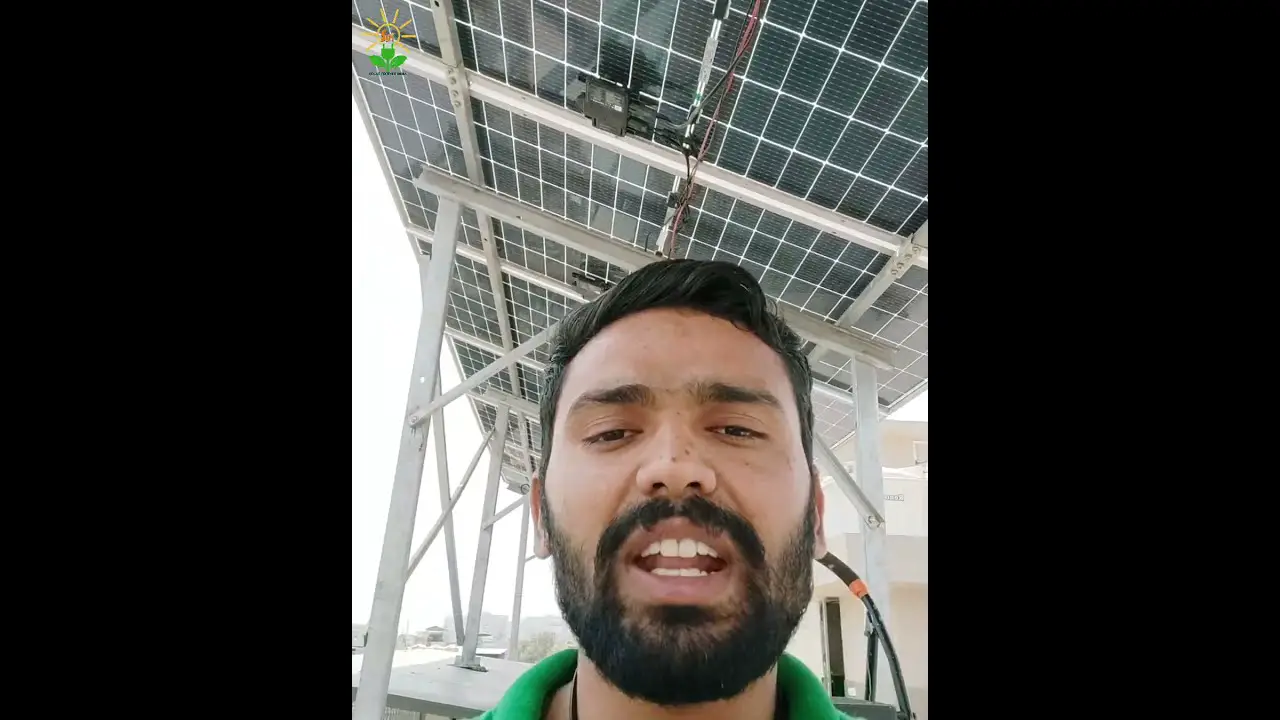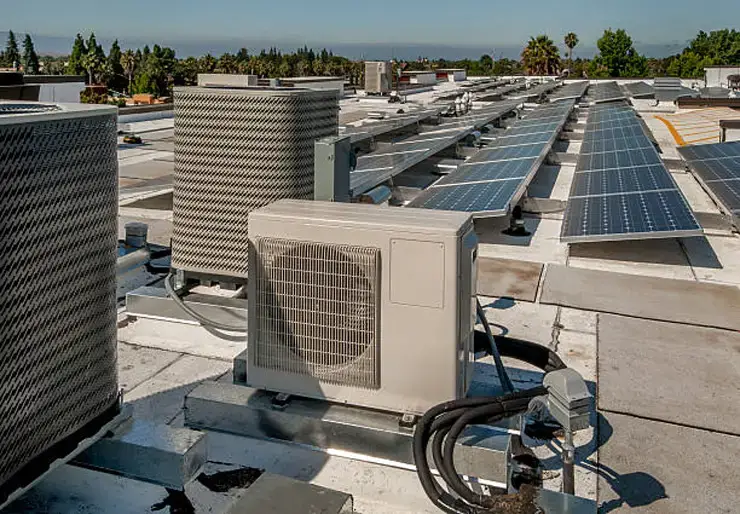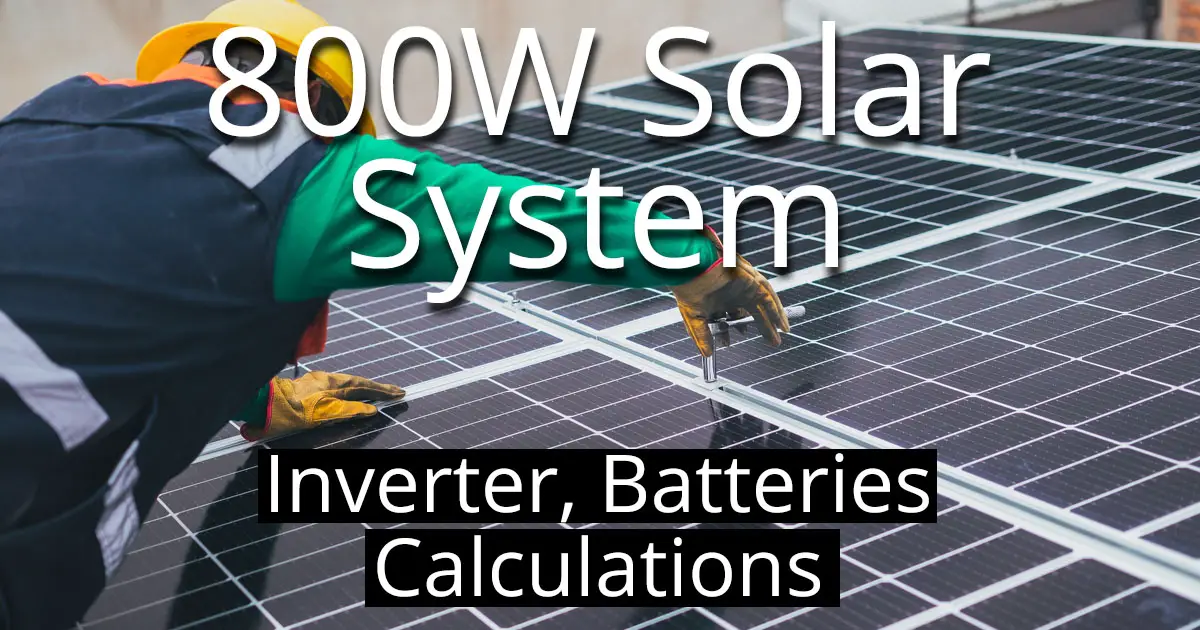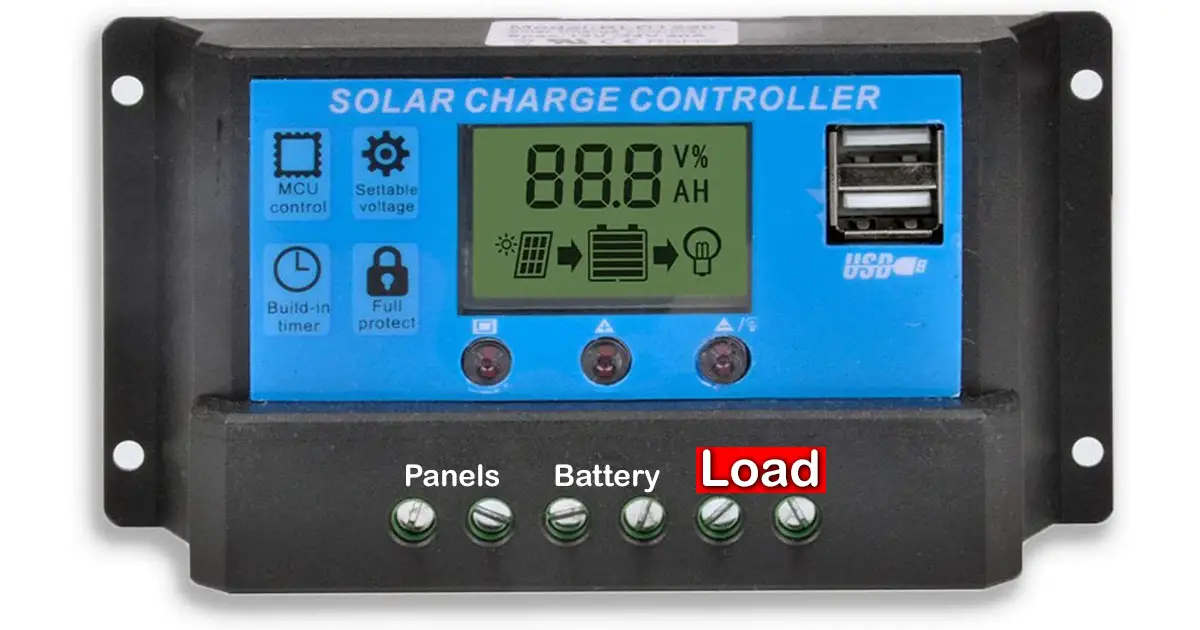How Many AC Can Run On A 5kw Solar System?

Executive Summary

This comprehensive guide provides an in-depth analysis of the relationship between solar system capacity and air conditioner operation. By exploring crucial factors like system size, AC unit efficiency, and energy consumption patterns, we aim to empower readers with the knowledge needed to make informed decisions about their solar energy and air conditioning needs.

Introduction
With the rising popularity of solar energy, many homeowners are interested in using solar panels to power their air conditioners. However, determining how many AC units a solar system can support can be a complex task. This article delves into the intricacies of solar system and AC unit compatibility, providing a comprehensive understanding of the factors that influence the number of AC units that can be powered by a 5kW solar system.
Key Factors to Consider
-
System Size:
- Solar Panel Capacity: The total capacity of the solar panels, measured in kilowatts (kW) or kilowatts-peak (kWp), directly influences the amount of electricity a system can generate.
- Array Orientation: The angle and direction of solar panels affect the amount of sunlight they receive, which impacts electricity generation.
- Shading Conditions: Obstructions like trees or buildings can reduce sunlight exposure and lower electricity output.
-
AC Unit Efficiency:
- SEER (Seasonal Energy Efficiency Ratio) Rating: A higher SEER rating indicates greater energy efficiency, resulting in lower energy consumption.
- EER (Energy Efficiency Ratio) Rating: The EER rating measures the AC unit’s efficiency at specific operating conditions.
- AC Tonnage: This metric represents the cooling capacity of an AC unit and is measured in tons.
-
Energy Consumption Patterns:
- AC Usage: The total number of hours per day that the AC unit is expected to operate.
- Peak Load: The maximum amount of electricity required to run the AC unit at its highest setting.
- Energy Storage: Backup batteries can store excess solar energy, allowing for AC operation during periods of low solar radiation.
Calculating AC Units Compatibility
To determine the number of AC units that a 5kW solar system can support, the following steps can be taken:
- Estimate AC Energy Consumption: Calculate the approximate energy consumption of the AC unit(s) based on their SEER or EER ratings and expected usage patterns.
- Assess System Generation: Determine the average daily electricity generation of the solar system considering factors like system size, array orientation, and shading conditions.
- Compare Energy Needs and Generation: Match the estimated AC energy consumption with the solar system’s estimated daily generation.
When to Consider a Backup System
Despite careful planning, there may be instances when the solar system cannot fully meet the AC unit’s energy demands. In such cases, backup systems like batteries or generators can ensure uninterrupted AC operation:
- Battery Backup: Batteries store excess solar energy during the day for use when solar generation is insufficient.
- Generator Backup: Generators provide an alternative power source during prolonged periods of low solar radiation or grid outages.
Conclusion
The compatibility between a 5kW solar system and AC units depends on various factors, including system size, AC unit efficiency, energy consumption patterns, and the use of backup systems. Understanding these factors and carefully assessing energy needs and solar system generation capabilities are essential for homeowners. By considering these aspects, homeowners can make informed decisions about their solar energy and air conditioning needs, optimizing energy efficiency and ensuring a comfortable living environment.
Keyword Phrase Tags
- 5kW solar system
- Air conditioner compatibility
- Solar panel capacity
- AC unit efficiency
- Energy consumption patterns




